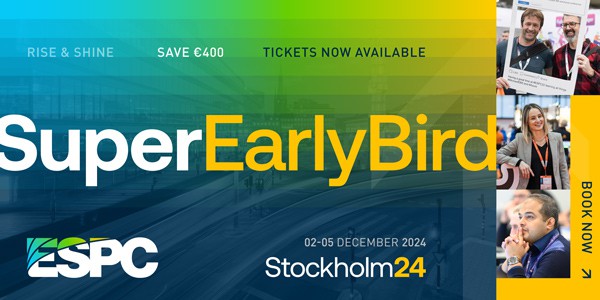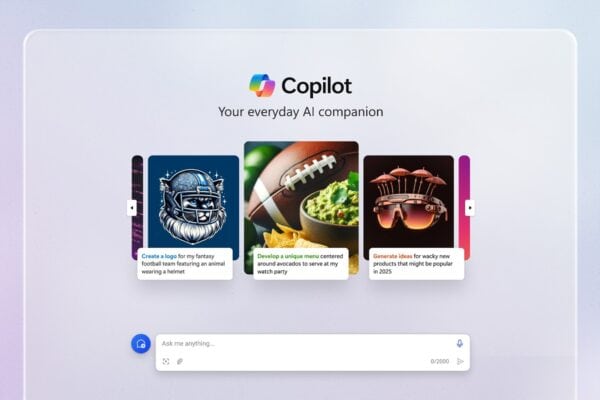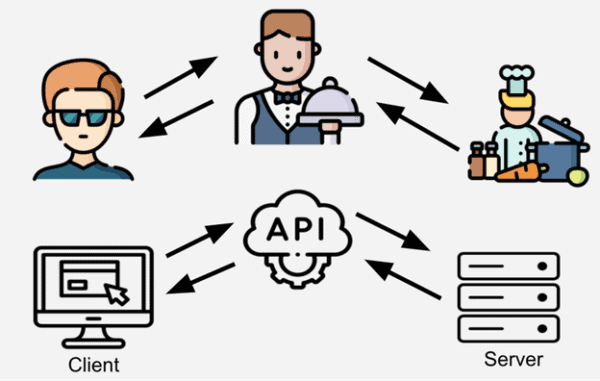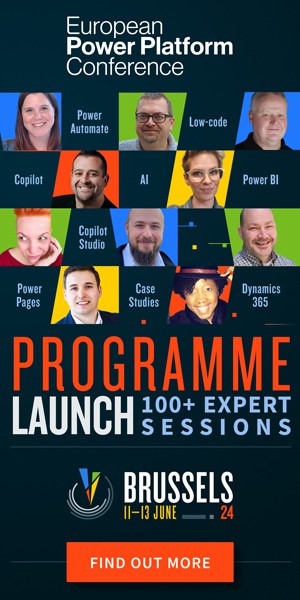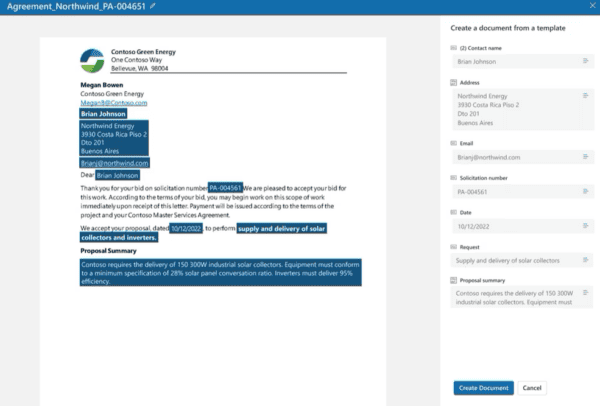
Tell us a little bit about yourself and your Role
In my current company, Authority Partners, I have dual role as Lead System Engineer and Program Architect. As Lead System Engineer, my responsibility is to lay blueprint and ensure everything goes smoothly from infrastructure point of view. Role of program architect is similar but on the broader level, where I need to set standards, drive technology decisions and ensure that best possible solution is delivered to our clients.
In your opinion what is the most exciting thing about working with Azure?
That would be constant change. It’s incredible how often we face changes in Azure and how it improves almost daily.
What is your favourite Azure Product and why?
There are few but I would single out Logic Apps. I think it’s most underestimated service in Azure. It’s amazing how Logic Apps can integrate with everything, and how it can be used both for development and operations to automate workflows.
Where do you look for professional inspiration?
I would have to say – community. Ever since I started going to IT conferences, I discovered this amazing community where everyone is happy to help and collaborate. Community is definitely one of most important things that drive me forward.
What are the biggest challenges you face working with Azure?
Fear. People are often afraid of everything unknown and one of biggest challenges is to convince people that Azure is safe and can help them solve lot of issues.
How would you tackle it/them?
Patience and arguments. It’s a slow ride but you can get there eventually.
What advice would you give to someone starting out with using Azure?
Take one step at the time. Azure has lot of services and options, and it can be overwhelming at times. Pick something that interests you and try exploring all directions.
What makes a great Azure Developer / Architect / etc.
Two things. First, ability to keep up with changes. Only constant thing in Azure is change and it’s hard to keep up with everything. Second, ability to understand how services can interconnect and how you can use Azure to your advantage. Also, first is directly connected to second, how will changes affect your solution.
Let’s make one thing clear first – Azure is very broad topic. In past, we had experts in specific IT areas. For example, one would be expert in networking, or virtualization, or storage, or .NET etc. Now, everything is moved to cloud. So, it’s simple not possible to know everything. You need to focus on areas that interest you, that is the only way. For example, there are Azure services in Azure, I know very well. But on other hand, I don’t have a clue about ML or AI.
What is your favourite Azure Product and why?
Logic Apps. That is most underestimated Azure service. We can create wanders using Logic Apps and automate anything.
Azure Specific:
What in your opinion has been the biggest advance in Azure in the past 18 months?
If I would need to single something out, it would be Azure Sentinel. But security, in general, is one of things Microsoft takes very seriously and we have seen lot of improvements in this area.
With a wide array of Cloud Platforms available, why Azure?
It’s best possible solution if you want to run hybrid cloud. In my opinion, most of organizations will run hybrid, at least in start. If we invested in local infrastructure, we will try to make most out of it. In other areas, cloud platforms have their pros and cons, but Azure wins for hybrid cloud by long.
How did you become an Azure MVP?
MVP was something that happened along the way. I was active in the IT community, started blogging, speaking at conferences and to user groups, etc. The MVP Award came as a result of these activities.
Do you have suggestions for other community members who hope to become MVP’s?
There are a few ways someone can become an MVP: by speaking at conferences and to user groups, participating in technical forums, writing blogs, articles and books; contributing to Open Source Projects. But MVP Award should not be a goal, it should be the result of your activities. If someone aims to become an MVP just for the sake of it, I don’t think they can last very long. The MVP program has standards and expectations that are impossible to maintain if you don’t love participating in the community.
In 10 years, where do you see cloud-based Machine Learning platforms such as Azure ML?
It’s hard to say where it will be in a year. But I imagine it will be long gone and we’ll replace it with something far more advanced, like real working AI, for example.
